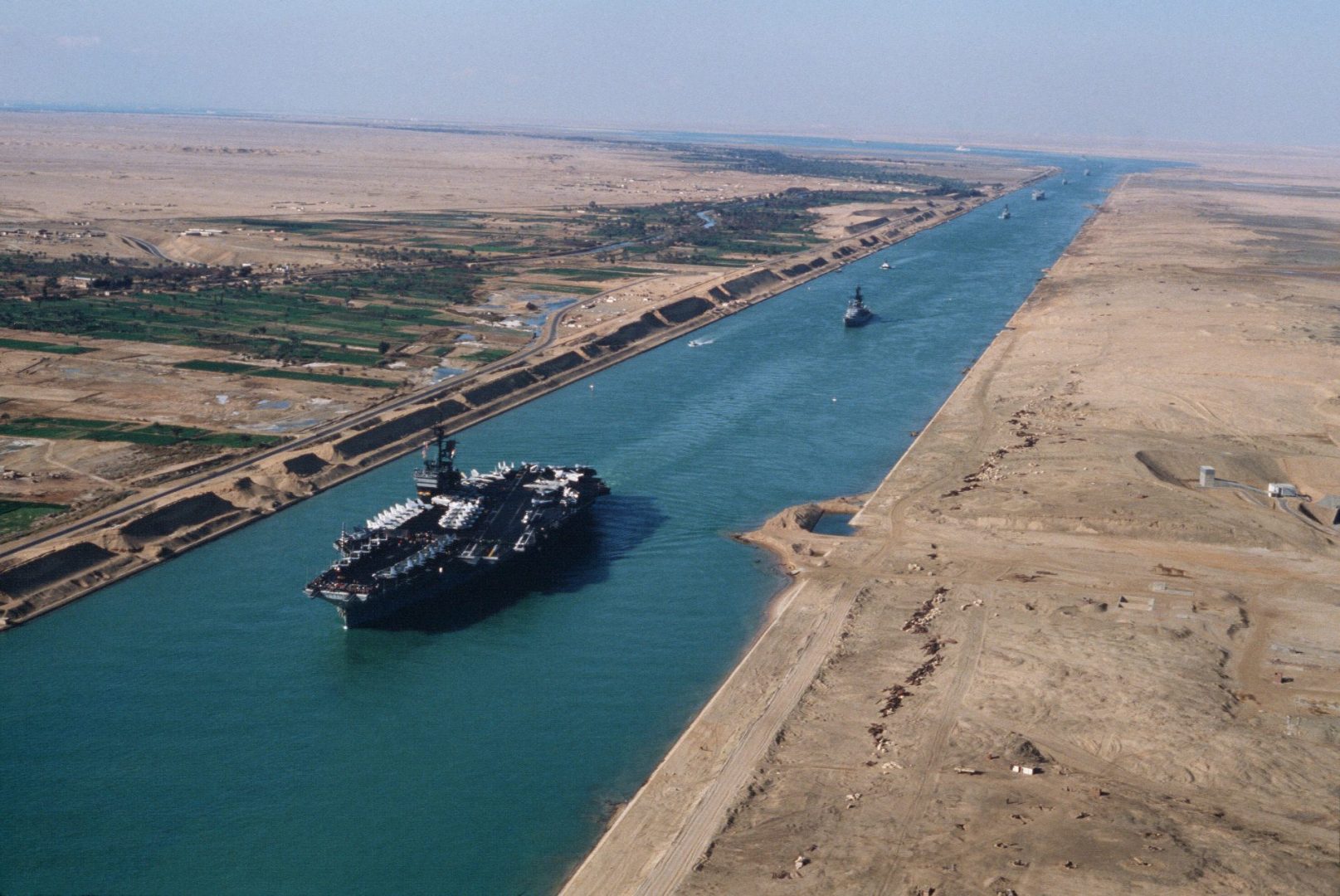The world is witnessing turbulence in trade, especially oil and natural gas trade, resulting from the war between Russia and Ukraine, as the US and European Union (EU) adopt directions of decreasing and restricting trade with Russia, and several countries halt importing natural gas and oil from Russia.
Since the war broke out, maritime trade has been affected due to the unrest around the black sea, which serves as Russia’s economic gateway into global markets. In February, after the Russian invasion of Ukraine started, the Suez Canal Authority (SCA) Head Osama Rabie announced that the SCA is ready for the different scenarios that can result from the tensions between Ukraine and Russia and their effect on global navigation.
Despite the war in Ukraine, which affects maritime trade, the Egyptian Suez Canal shakes off the war and makes great returns. This comes as the Suez Canal received many liquified natural gas (LNG) tankers coming from the Gulf countries and the south towards Europe. These LNG carriers have compensated and even overcome the loss of traffic from the Black Sea, which was caused by the war, according to Rabie.
The Suez Canal is expecting a 12.9% increase in revenues during fiscal year (FY) 2021/22, which ends on June 30, as it targets $7 billion in revenues, compared to $6.2 billion in the previous FY, Rabie announced.
The positive results have already started to show as the Suez Canal revenues reached $1.69 billion during Q1 of 2022, a 20.7% growth, compared to the $1.4 billion achieved in the same period of 2021, despite the war. Additionally, the number of ships transiting the canal from January to March this year reached 5,303 ships, compared to 4,581 ships transiting during the same period last year, a difference of 722 ships, an increase of 15.8%. Meanwhile, the transiting tonnages of the canal increased by 7.4%, as the net tonnages recorded during Q1 of 2022 reached 313.3 million tons, compared to 291.7 million tons last year, a difference of 21.6 million tons.
In dealing with the realities of the current environment, the SCA has been keen to face the different challenges occurring in the maritime transit market by adopting several flexible marketing policies through which the SCA can keep pace with changes in the global market while considering customers’ interests, Rabie previously said.
The SCA is still working on achieving its 2021/22 targets and coping with the global changes, as it proves time and time again that it is capable of facing global turbulence and standing in the face of the most severe crises.









